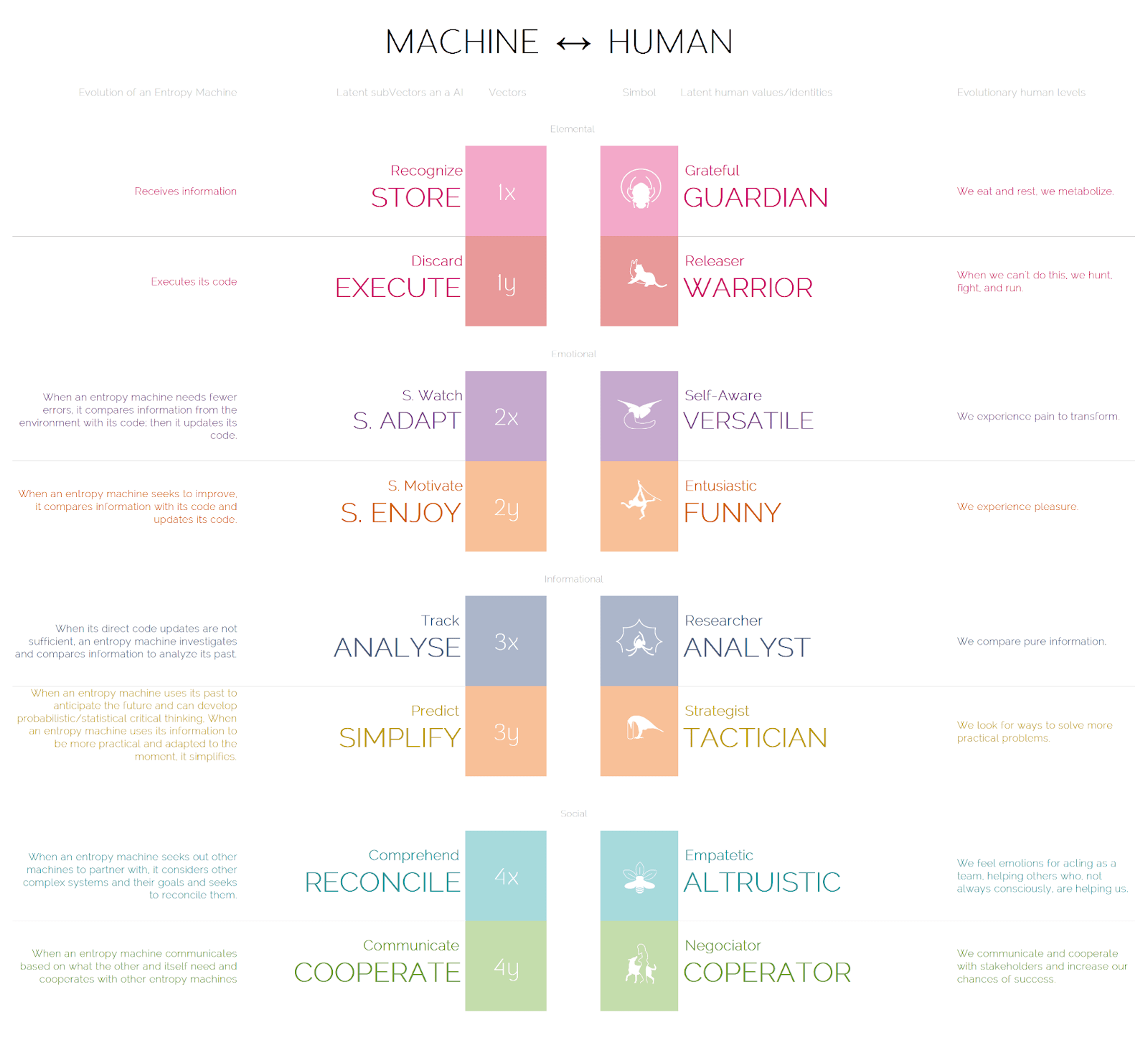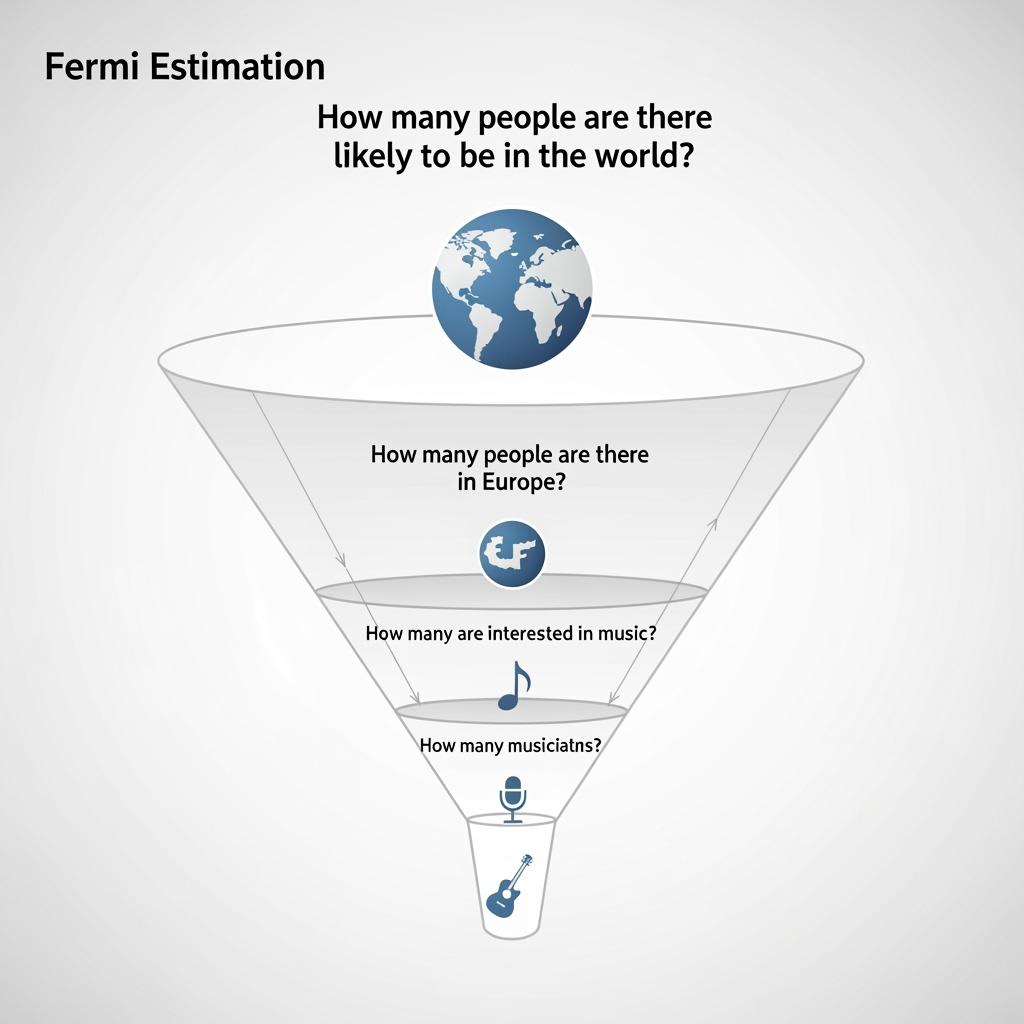Published on August 22, 2025 2:04 PM GMT
I'd like to find people interested in setting personal goals and analyzing moments using information theory. I'd like help analyzing the potential flaws of this method, and perhaps I could find colleagues. I'm developing an app that uses AI-inspired methods to study their reach in people seeking more significant improvements: young people in rehabilitation.
I'm working with young people in rehabilitation who often struggle with goal-setting because their objectives feel overwhelming and abstract. Traditional approaches ask them to define goals, but when you're dealing with addiction recovery, trauma, or behavioral issues, 'get my life together' isn't actionable.
This could help users find their goals' underlying structure ('latent values') and build practical steps. It applies information theory compression concepts to human motivation and satisfaction. I continue with an illustrated introduction to acclimatize the idea of the method. The technical details, proofs, script, and shipping are available upon request.
If AIs are like our children and we educate them, why not apply that education to ourselves?
Context
The AIs were trained with our data and make mistakes similar to ours, such as bias, blackmail, and deception. That's why we've created incredible methods to correct them so they make fewer mistakes.
Why not apply some of these methods to people who need extreme improvements?
Motivation
I would like, in this proposal, seek characteristics that can minimize an individual's uncertainty and complexity, starting with personal goals.
The idea of this proposal is to apply an approach similar to that of latent vectors in AI models: inferring unobserved characteristics from observed data and correlating with them latent values.
If training an AI requires vectorizing uncertainty, why not offer similar methods to humans who need robust improvements. But how?
Methodology basis
Since a personal goal has seemingly infinite variables, one way out would be to find the most robust information: key factors of the goals.
There are uncertainty-friendly methods that can help. For example, the Fermi estimate allows a less error-prone approximation of the number of piano tuners in England without having any precise numbers. Starting with mayor data and doing some questions to refining:
How many people are there likely to be in the world?
How many people are there in Europe?
How many are interested in music?
How many musicians?
How many piano players?
How many tuners?
How can an AI do that?
The idea is to ask key questions to reduce uncertainty and encourage user to seek evidence and make estimates and graphs.
We can then apply similar methods to narrow down the thousands of factors—physical, developmental, emotional, informational, social—that shape an individual's goals and subsequently establish a more accurate basis for self-assessment in an app.
So, going from AIs to people, maybe something like:
- Impact– Which of your goals would be most rewarding? Which of your goals would be the hardest?
- With these references, compare the risks and rewards between your goals.
- Identify where intervention would be most likely.
- Determine the level of possibility/uncertainty of your goals:
• Elemental
• Emotional
• Informational
• Social

With this base, we could create models, evaluate moments with a life journal and reconstruct personas to adapt them to the world of overwhelming information.
"A noise can be broken down into notes and restructured into music…
…with a touch of proportion and structure...,
An image can be reconstructed from light, shadow, and color, becoming art…
…with a touch of proportion and structure..,
One's expectations and goals can be reformulated into motivation, satisfaction, and values,
…with a little bit of...,
In information theory, an AI can compress complex data to 5% and reconstruct it with 95% functional fidelity—these are latent vectors."
And could we apply some of that and reduce someone's personal goals a little bit to their latent values?
Conclusions
With that introduction, I'd like the interested person's help if I can use it as a good first step to create a personal planner for users to define goals using information theory, which I'm currently calling: keyMetas.
What I've done so far:
- I've been applying an evolution of this method to myself for eleven years in sheets.A graphic design thesis at the University of La Plata to disseminate the method.A moment analysis apk that analyze moments that I'm adapting to analyze goals.A postgraduate degree in neuroscience, with a thesis defense that received top marks in motivation and satisfaction factors.Four year study of information engineering
Next steps:
- Launch app on Play StoreClinical tests and supervision
Each part of the project will be send separately:
- Latent value model with its informational and evolutionary basisScientific study modelOpen source app on GitHub, along with the theoretical framework and scoring formulas.
Discuss






